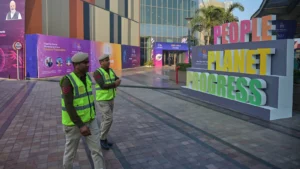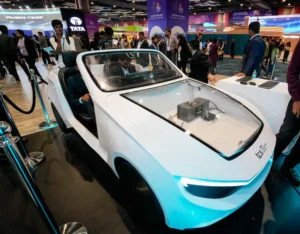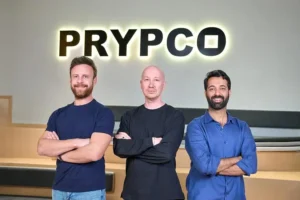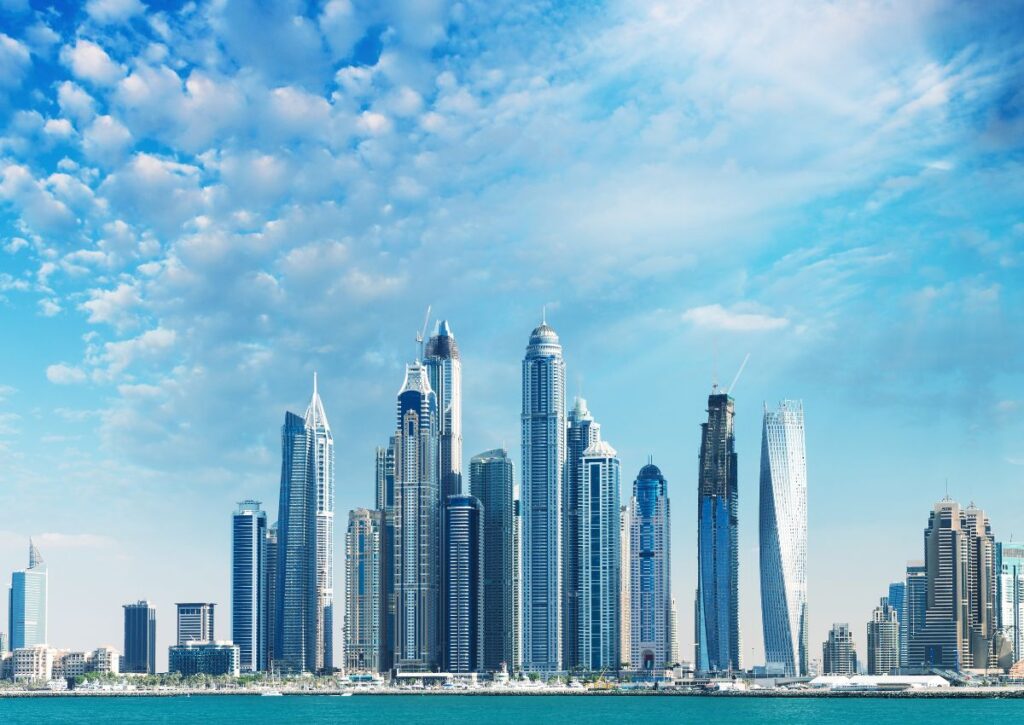
Dubai, like any major city, is constantly evolving. Many end users and investors often find that the views they were promised with their properties are disrupted by new developments. My response to this is simple: if your view is that important to you, do your homework. Get the master plan for your community or, at the very least, review the block around your future property. If the plots around you are undeveloped, it’s only a matter of time before something will be built.
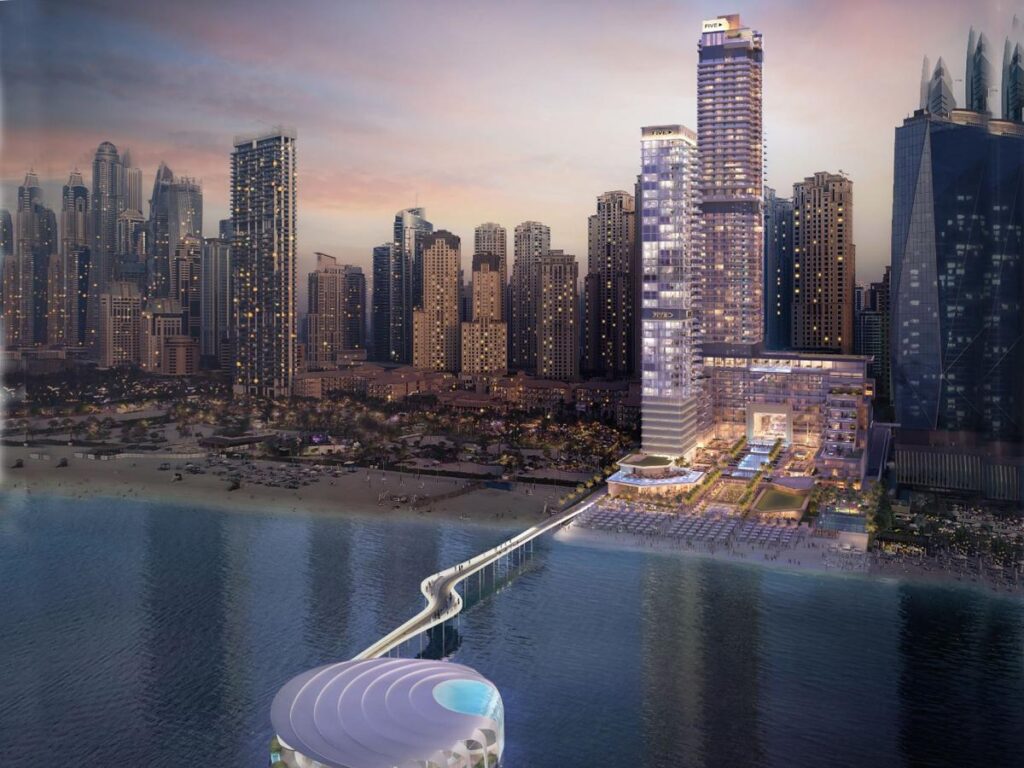
Take, for example, the residents of Palma Villas who are upset about Como Tower. Did they really think that the empty plot next door would stay vacant forever for them to use as a litter box for their pets? And then there are the people in JBR, who assumed that the first-row waterfront plots, temporarily used as parking lots, would remain open spaces for their cars to bask in the sun. Unfortunately, that’s not how urban development works.
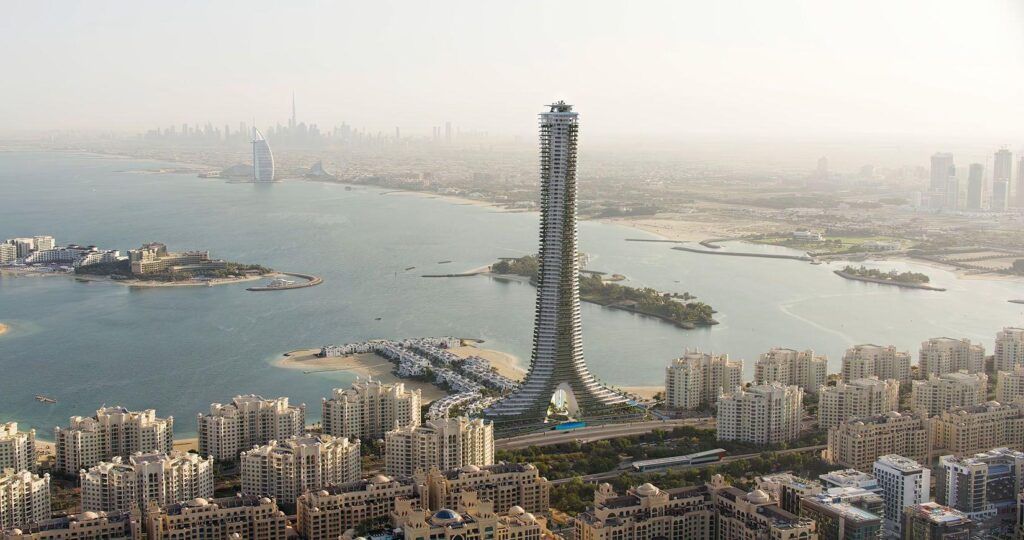
A perfect illustration of Dubai’s dynamic nature is the case of Cayan Tower, formerly known as Infinity Tower. When the RTA moved the bridge connecting to the marina island, a new premium plot of land was freed up. And what came next? The world’s tallest hotel, Ciel Tower, was built right there. It’s a prime example of how, in Dubai, undeveloped land doesn’t stay that way for long—and when it’s used, it’s often for something remarkable.

This isn’t unique to Dubai. Major cities worldwide face similar situations. In New York, for example, the construction of 432 Park Avenue—one of the tallest residential buildings in the world—disrupted the iconic views for many residents in Midtown Manhattan and the Upper East Side. People who had long enjoyed unobstructed views of Central Park suddenly found themselves looking at a new luxury tower instead.
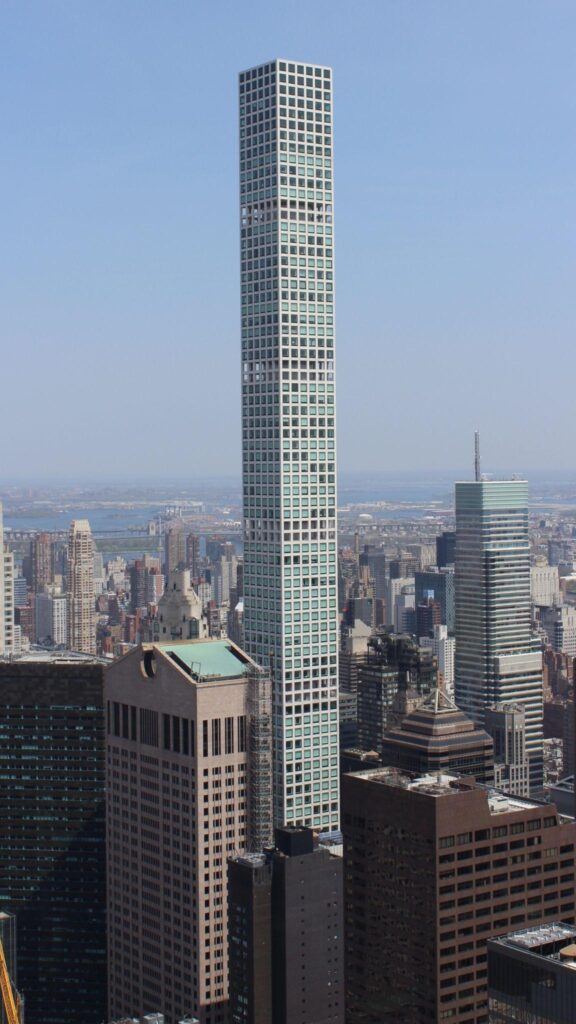
Billionaire’s Row along 57th Street in New York saw the rise of towers like One57, Central Park Tower, and 111 West 57th Street, forever changing the skyline and blocking the park views for many older buildings in the area. In cities like New York, rapid development is just part of life.
London has seen its fair share of skyline changes too. The Shard, the tallest building in the UK, transformed the city’s skyline and altered views across Southwark and central London. Many properties that once had panoramic views of Tower Bridge now see a very different landscape with the completion of The Shard.

Back in Dubai, the same applies to residents on The Palm, who once had clear views of the Marina and the Al-Sufouh skyscraper block, but are now facing the new Dubai Harbour community. While the Marina skyline was impressive, the Dubai Harbour development offers something equally appealing, with the bonus of cruise ships docking nearby. It may not be what they originally expected, but it’s still a world-class view, enhanced if anything.
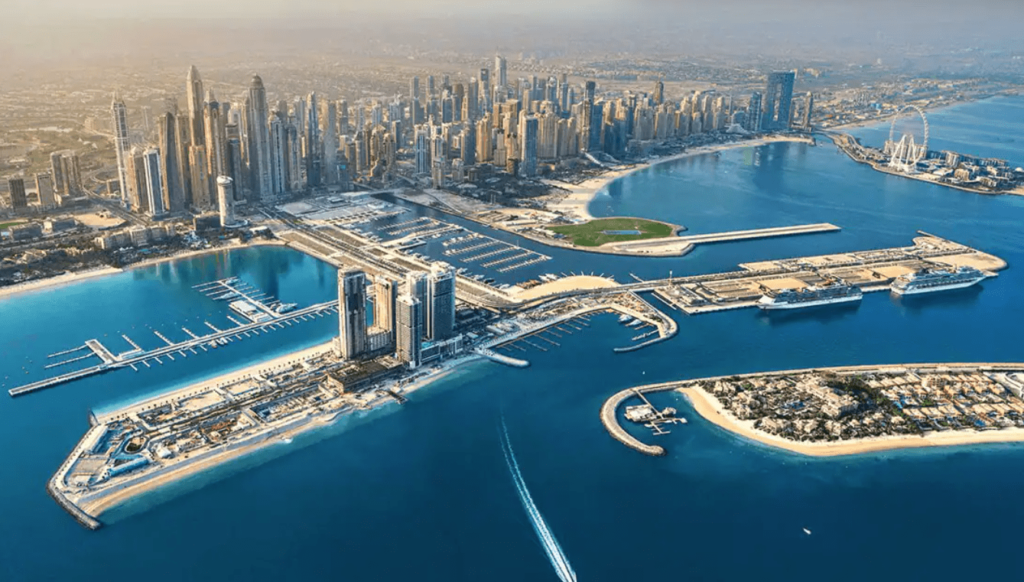
At least in Dubai, the process is handled with vision and purpose. Other cities, like Hong Kong, have faced similar disruptions. In the West Kowloon Cultural District, new developments have impacted the views of residents in Yau Ma Tei and Tsim Sha Tsui, who previously enjoyed sweeping vistas across the harbor toward Hong Kong Island. These new high-rise developments have completely altered the cityscape.
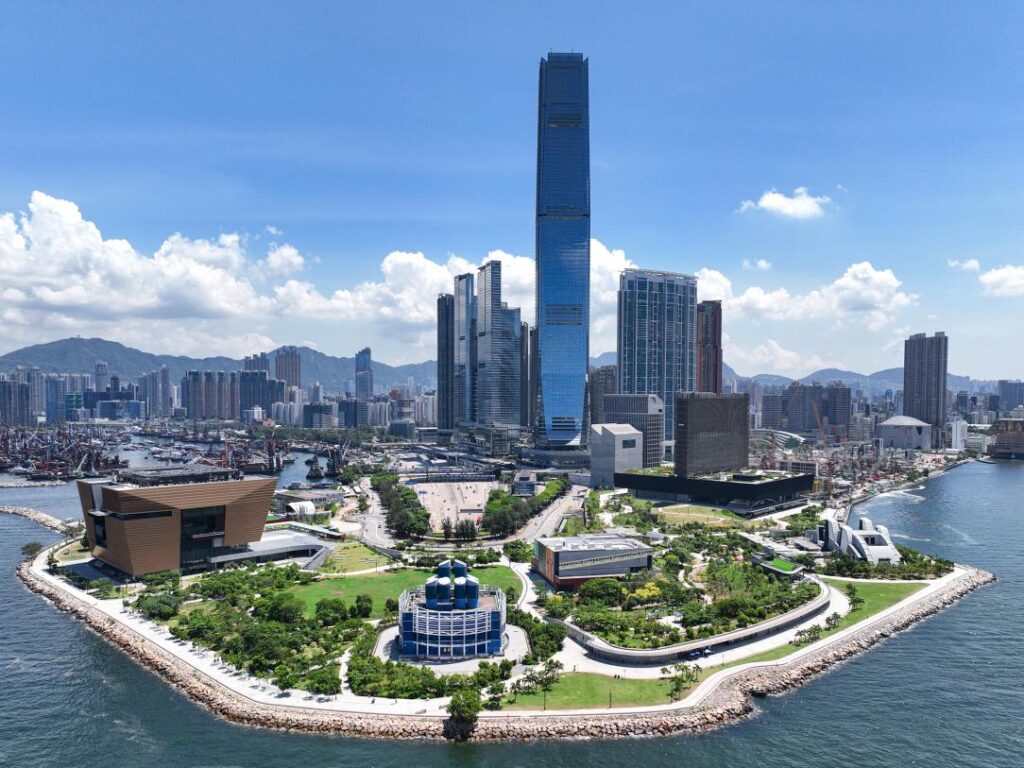
Ultimately, whether it’s Dubai, New York, London, or Hong Kong, rapid urban growth and changing skylines are inevitable in world-class cities. In Dubai, these changes come with a certain agility, often transforming the city for the better. It’s all part of the evolving landscape of major cities worldwide.
About the Author

Hamzah Abu Zannad is an industry veteran and the co-founder and managing director of Axiom Prime Real Estate Development. With over two decades of experience in the dynamic Dubai real estate market, Hamzah Abu Zannad has played a pivotal role in introducing forward-thinking and sustainable living solutions to the region. Axiom Prime Real Estate Development, renowned for its Dutch-inspired, luxurious developments, focuses on community-driven designs and cutting-edge technology. Their flagship projects in Jumeirah Village Triangle and Jumeirah Garden City (Satwa) exemplify their vision of creating spaces that promote a sense of belonging while unlocking growth potential.
For more information, visit Axiom Prime Real Estate Development.
Also Read:
Sheikh Sultan, the Ruler of Sharjah, Attends the Presentation of the Second Edition of SICALE

